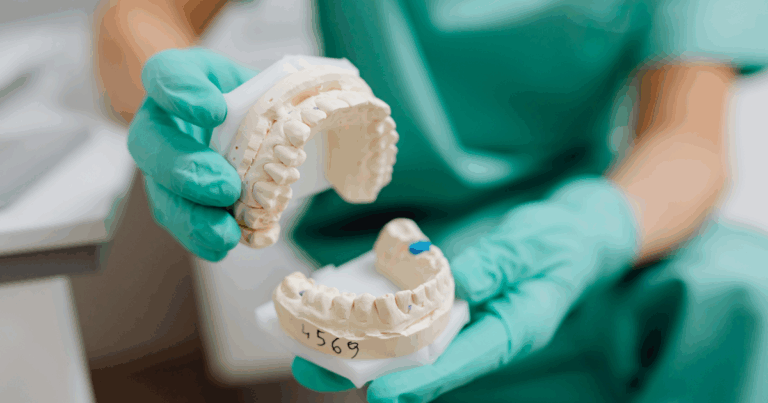Exploring the Gut-Brain-Pancreas Axis: Microbiota and Metabolic Health
The gut and the brain are intricately connected through a vast network of neurons, chemicals, and hormones. Research indicates that the gut has a significant impact on brain function and mental health. The gut is home to trillions of bacteria that play a crucial role in producing neurotransmitters like serotonin and dopamine, which are essential for regulating mood and cognitive function. When the balance of these bacteria is disrupted, it can lead to issues such as anxiety, depression, and cognitive impairments.
Furthermore, the gut-brain axis serves as a bidirectional communication system, where signals travel back and forth between the gut and the brain. This communication influences various aspects of brain function, including stress response, memory, and even the development of neurodegenerative diseases. Studies have shown that conditions like irritable bowel syndrome (IBS) and inflammatory bowel disease (IBD) are often associated with mood disorders and cognitive dysfunction, further highlighting the intricate relationship between gut health and brain function.
• The gut is home to trillions of bacteria that produce neurotransmitters like serotonin and dopamine
• Disruption in the balance of gut bacteria can lead to anxiety, depression, and cognitive impairments
• The gut-brain axis serves as a bidirectional communication system
• Signals travel between the gut and brain influencing stress response, memory, and neurodegenerative diseases
• Conditions like IBS and IBD are associated with mood disorders and cognitive dysfunction
The Impact of Gut Microbiota on Pancreatic Health
The gut microbiota plays a crucial role in maintaining pancreatic health. Research has shown that the composition of the gut microbiome can influence pancreatic inflammation and function. Dysbiosis, an imbalance in the gut microbial community, has been associated with the development of pancreatic diseases such as pancreatitis and pancreatic cancer.
Moreover, the gut microbiota contributes to the regulation of pancreatic insulin secretion and glucose metabolism. Certain gut bacteria produce metabolites that act as signaling molecules, directly impacting pancreatic beta-cell function and insulin sensitivity. Imbalances in the gut microbiome can disrupt this intricate interplay between the gut, pancreas, and metabolic health, potentially leading to insulin resistance and other metabolic disorders.
How the Gut-Brain-Pancreas Axis Influences Metabolic Health
The intricate network known as the gut-brain-pancreas axis plays a crucial role in regulating metabolic health. The communication between these organs is vital for maintaining a balanced metabolism and overall well-being. The gut, brain, and pancreas work in harmony to regulate processes such as energy metabolism, glucose homeostasis, and appetite control.
When any part of the gut-brain-pancreas axis experiences dysfunction or imbalance, it can lead to metabolic disruptions such as insulin resistance, obesity, and type 2 diabetes. Research has shown that the gut microbiota, neurotransmitters, and pancreatic hormones all interact to influence metabolic processes. Understanding the complex interplay between these three systems is essential for developing targeted interventions to improve metabolic health and prevent metabolic disorders.
How does gut health affect brain function?
The gut-brain axis is a communication network between the gut and the brain that plays a crucial role in regulating various physiological processes, including mood, cognition, and behavior.
What is the role of gut microbiota in pancreatic health?
Gut microbiota play a key role in maintaining pancreatic health by influencing the production of digestive enzymes and regulating inflammation in the pancreas.
How does the gut-brain-pancreas axis influence metabolic health?
The gut-brain-pancreas axis plays a vital role in regulating metabolism by coordinating the communication between the gut, brain, and pancreas to maintain proper blood glucose levels and energy balance.
Can imbalances in the gut-brain-pancreas axis lead to metabolic disorders?
Yes, disruptions in the gut-brain-pancreas axis can contribute to metabolic disorders such as obesity, insulin resistance, and type 2 diabetes. It is important to maintain a healthy gut microbiota and overall gut health to support metabolic health.



